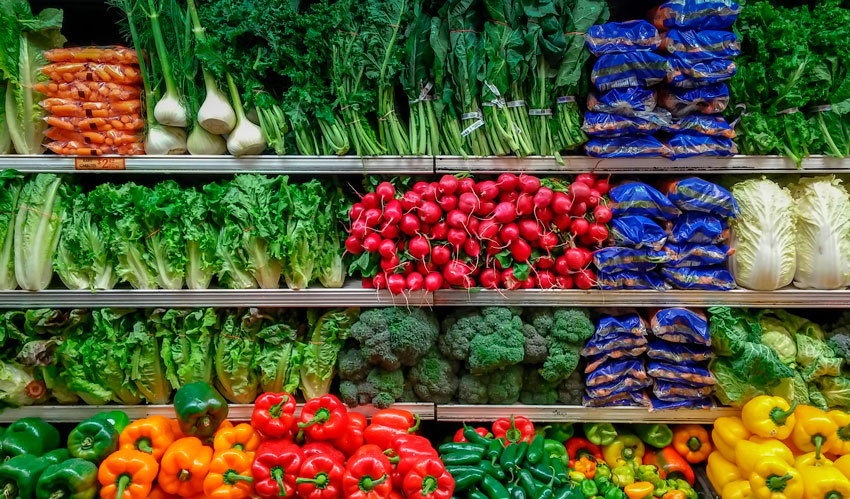5 initiatives for retailers to reduce food waste

Food waste occurs at all stages of the value chain: from production until it reaches consumers’ homes. This is why, to reduce food waste, global plans must be implemented that incorporate all the actors involved.
Worldwide, it is estimated that more than 1/3 of the food produced is wasted for several reasons. ReFED Insights Engine studies show that, in the United States, households are responsible for 37% of waste, followed by restaurants and retailers, with 29%; farms, 21%; and finally, production, with 13%.
It is clear that retailers have a relevant role to play in this fight. However, the balance between managing an optimal inventory and presenting a varied and attractive product mix to consumers is a constant challenge. The equilibrium becomes even more complex for those who handle low shelf-life products, such as supermarkets and convenience stores. Today, there is also the need to consider climate change-conscious consumers, 45% of whom consider reducing food waste a priority, according to the retail data science company, 84.51°.
More than a requirement, meeting this challenge becomes an opportunity. Through their contribution, retailers will be able to make a positive impact while reducing their carbon footprint and improving their profitability. Here are some initiatives that can be implemented to do their bit.
- Increase accuracy in demand forecasting: Maintaining an attractive display for customers usually involves keeping shelves full and stocked. The easiest way to achieve this is to maintain inventory levels higher than strictly necessary. However, overstocking carries the risk of having an excess product that ends up deteriorating and going to waste. The recommendation is to periodically evaluate surplus inventory and continuously adjust it, to have the right amount of product at every moment.
- Implement expiration projection systems: one of the leading causes of food waste in retailers is product expiration. Items are lost because their expiration date has passed and can no longer be sold. Retailers can implement expiration projection analytical systems that will alert the stores about soon-to-expire products so that they can manage them, for example, through discounts.
- Train store staff: Some leading-edge retailers have defined protocols to reduce waste, such as not restocking prepared food products near closing time and allowing them to sell out. But this rule will not be respected if employees are not aware of it. Unfortunately, retailers face a staff turnover rate of over 60%, according to the NRF, making it challenging to implement and maintain food safety, storage, and product management protocols. Therefore, an additional effort should be made to ensure that all personnel has up-to-date knowledge of the protocols, thus improving in-store products’ handling and management and effectively reducing waste.
On the other hand, specific courses during the onboarding process can support food waste awareness. This way, staff will have a greater connection and understanding of the problem, increasing their commitment to the solution. - Act before discarding: Retailers have several options for managing soon-to-be-expired products before deciding to dispose of them. They can, for example, sell old or slightly damaged products at a discount; establish partnerships with organizations to donate surplus, or have partners for composting food scraps. Each retailer can define its own processes to extend the useful life of products and avoid waste. But as mentioned above, an essential element of their effectiveness will be how management protocols are implemented so they do not remain only on paper.
- Conduct waste audits: despite the efforts made, imponderables can always occur and limit their effectiveness. Measuring to manage is part of the solution. It is essential to record each case and analyze the root causes of food waste to identify excess patterns or management problems affecting the results. Defining standards, KPIs, and responsible parties will provide structure to drive a continuous improvement process.
Some of these initiatives may be more or less complex to implement. The good news is that today there is a wide range of technological solutions that make it possible to accelerate and optimize the process through different initiatives.
The effort is worth it. At Frogmi®, we have seen retailers reduce their food waste by 17% using our SKU-level task management solution, which allows them to automate task creation to manage soon-to-be-expired products and prevent waste. As an application, all information is digitally consolidated and available for analysis, management, and decision-making, supporting continuous improvement processes.
We have seen how the world is turning its efforts to reduce food waste. Now retailers have the tools and technical support to do their part.
